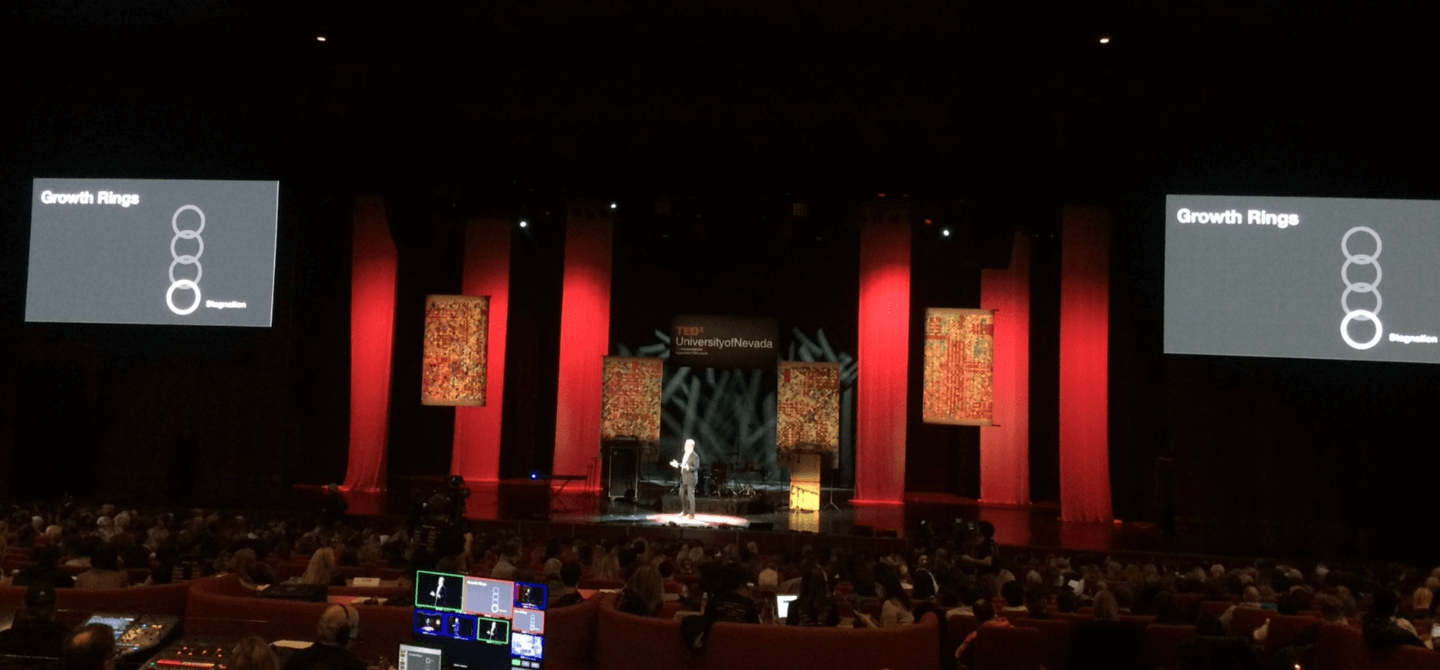Photo by Hattie Kingsley Photography
Most of us never considered what we’d do if our entire leadership team had to lead remotely on an ongoing basis. It’s one thing to do it for a few weeks; it takes an entirely different plan if it’s going to last for months, a year, or even indefinitely. Simply put, leaders can’t just do what they’ve always done, as remote management presents new and different issues that require new and different skills. In particular, remote management presents four unique challenges:
4 THINGS CAN MAKE REMOTE MANAGEMENT UNIQUELY CHALLENGING
- Conversations don’t happen as often when we’re not in the same physical space, so collaboration and efficient workflow can suffer.
- We’re not spending as much time informally with team members, so it can be harder to build the trust relationships that are necessary for effective management.
- It can be harder for us to feel confident that our team members are focused and working hard if we cannot see them working.
- Finally, engaging people virtually, in both individual and team settings, can be more difficult and lead to less productive conversations.
In order to combat these unique challenges of remote management, leaders have to become more intentional in their interactions. Because they can’t rely on informal interaction for accountability and communication, they must have clear best practices in relation to both the quantity and quality of their time with their team members.
4 REMOTE MANAGEMENT AND COACHING BEST PRACTICES
- Knowing which management activities to do with team members and how often they should be doing them for maximum impact
- Having clarity about how to do these management activities to create better relationships, accountability, learning and collaboration
- Understanding the best most effective technique conduct these management activities in a remote or virtual setting
- Knowing the best ways to measure performance and drive accountability for outcomes when we can no longer “see” work being done
To see if your organization is ready for the unique challenges of managing remotely on an ongoing basis and the steps you need to be taking right now to get ready, check out our Remote Manager Readiness Checklist or our Self-Assessment Survey.
























